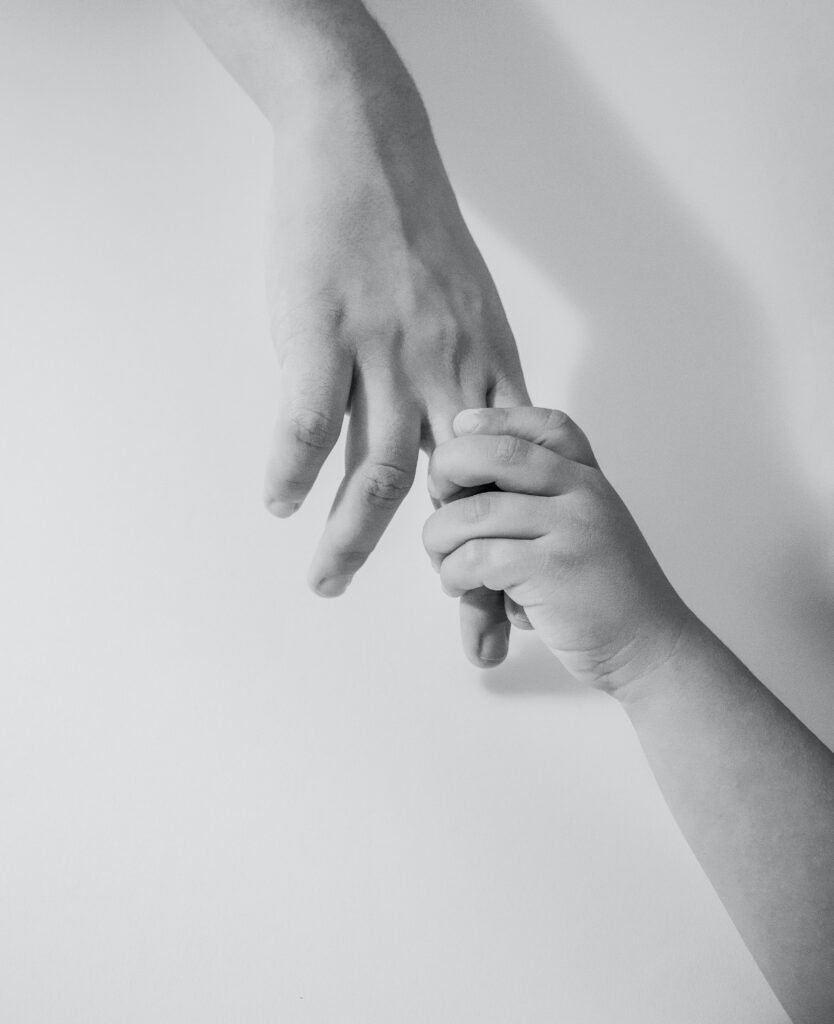If you are a parent, building trust with your child is a fundamental part of parenting. While things like nurturing and discipline come up in family counseling, trust is no doubt just as important a skill. Once a child hits pre-teen and teenage years, trust might even be the biggest conversation for kids and parents to have. If a child determines that their parent is not trustworthy, that expectation can follow them forward into future relationships and even their philosophy about life and how the world works.
Things that betray the complex process of trust might be subtle. In fact, many of the ways children experience loss of trust are often ignored by the adult world. Tuning into our younger self or perspective taking can help us understand the emotional impact certain things have on a child.
Failing to keep promises. Most of us recognize that tiny humans do best with consistency. Interestingly, it is less about “sameness” and more about knowing what to expect. If we are told that we can have ice cream if we finish our chores, we are essentially given some control of our destiny. When adults fail to play by the rules, constantly changing their minds or going back on their word, children are placed on an emotional roller coaster. Excitement and disappointment are actually larger for children who are still developing the skills of managing emotion. Ultimately, we all learn how to deal with disappointment and lack of control. But the inner meaning over failed promises (small or large) has been made. We might write off that particular person as trustworthy, or we might even decide that we have to take things into our own control and playing by the rules is not worthwhile.
Failing to communicate. Kids way of understanding the world is much different than adults. And it changes depending on their age. The simple act of being willing to listen and give basic explanations is still a huge signal of respect. It teaches them that trustworthy people will give explanation for their actions and take the time to listen to them. Kids can often “circle the drain” when they aren’t hearing the answer they want. This does not discount the need for helping them understand their world. Learning to give honest, clear responses and allowing human responses is healthy communication.
Dismissing feelings. Closely connected with listening is truly hearing. Learning to manage our adult feelings frees us to validate the emotions our kiddos experience. Often adults confuse accepting feelings with giving in, or doing anything the child wants to calm the storm. In fact, these are two different things. Showing true empathy has its own power. Saying “I hear that you are sad,” can be a complete statement. If we communicate clearly and act in respectful ways—we find kids handle their emotions much better. We can’t control every situation and we definitely can’t control the emotional responses. Instead, we can use these times to connect and validate their ability to get through the tough times. With teens, this means avoiding advice-giving or minimizing the context or situation. While life gives us perspective, their lived experience is powerful and will require them to find their own path through it.
Tuning into our inner child and their experience you might find that well-meaning adults who showed a pattern of disregarding their word has greatly impacted you. Exploring who you trusted and how they treated you as a child can be revealing for adult relationships. You may find that your creative ways of adapting or emotional responses still show up. Your desire to trust, your willingness to rely on others, or even your emotions in response to small letdowns might still be residue from chronic let downs early in life. Eventually, accepting the misfires and failures that come with human parenting, we learn how to offer ourselves the needed compassion and also build trust within ourselves or relearn our trust process with others.
Counseling that offers perspective on attachment and early life experiences can help peel back the layers in our trust process. It can be a game changer to explore some of these patterns as a parent, learning how your own experiences may show up in unexpected ways as you interact with your child. Counseling regarding trust can also be important in the workplace, helping understand your responses to authority or situations that give you low levels of control.
For all of us trust is a lifelong journey and a process within ourselves that we can learn from and adjust. Working on these building blocks can help us feel more connected and hopeful.







